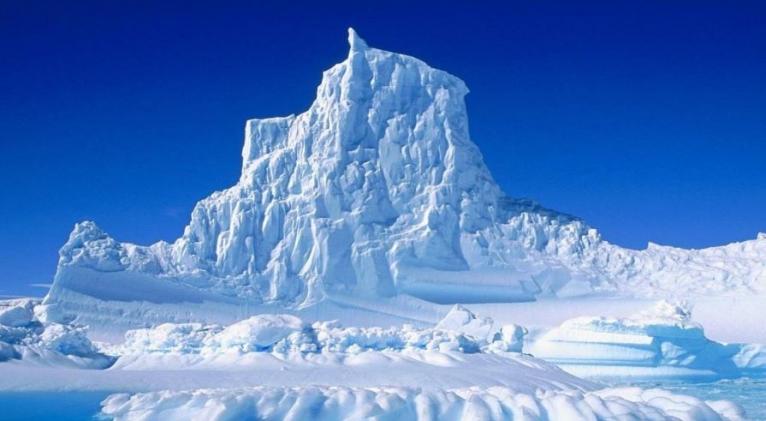
There are no ice-covered territories in Cuba, excluding the occasional local frost phenomenon, an expert on the subject stated in this capital.
Such a situation is due to the tropical zone and the high temperature of ocean currents in its geographical environment, argued Professor Luis Enrique Ramos Guadalupe, coordinator of the History Commission of the Cuban Meteorological Society.
Also, at the height of its mountains below the elevation of two thousand meters above 20 degrees’ latitude, which makes precipitation in the form of snow and its subsequent accumulation unlikely, he added in a report on the matter.
Given this, one might think that cryospheric sciences are of no interest to us, but reality reveals a very different perspective when one considers that glaciers are part of the global climate system, in addition to the environmental services they provide, he pointed out.
He argued that if the melting of sea ice or fluvial-lacustrine ice continues, if glaciers disappear, and if ice cover on continental territories decreases, Cuba and other island states will suffer from the diminished regulatory effect of these ice sheets on global temperatures.
He warned that melting ice will influence the rise in average sea levels and the subsequent advance of waters beyond the current coastline, which would cause the loss of hundreds of square kilometers of land and the intensification of flooding associated with extreme hydrometeorological events, such as tropical cyclones.
In that case, he indicated, storm surges would become increasingly widespread.
In general, he continued, glacial retreat and melting permafrost are expected to reduce the stability of mountain slopes, increase the incidence of glacial lake outburst flooding, and cause landslides and avalanches to occur in new locations or in different seasons.
He cited the expert report for the UN, according to which it is clear that global warming has caused widespread shrinkage of the cryosphere in recent decades, with mass losses in ice sheets and glaciers, and reductions in snow cover that alter the volume and seasonality of runoff.
All of this impacts the water resources of river basins sustained by snowfall, resulting in reduced agricultural yields in high-mountain regions, water scarcity, and reduced availability in low-lying basins, along with the aforementioned rise in sea level and the displacement of populations adjacent to the coastline.
Studies also indicate that rising global temperatures will have irreversible effects on low-resilience ecosystems in polar and mountainous regions and coastal deltas, resulting in the reduction of natural freshwater reserves and changes in ocean current circulation.
In view of these multiple impacts, it is important to highlight that the third month of the year, the 21st, is World Glacier Day, the following month is World Water Day, and on Sunday is World Meteorological Day. On each of these dates, Cuban science has much to say and experiences to contribute with the implementation of the State Plan to combat climate change, our crucial Life Task, Ramos Guadalupe concluded. (Text and Photo: Cubasí)